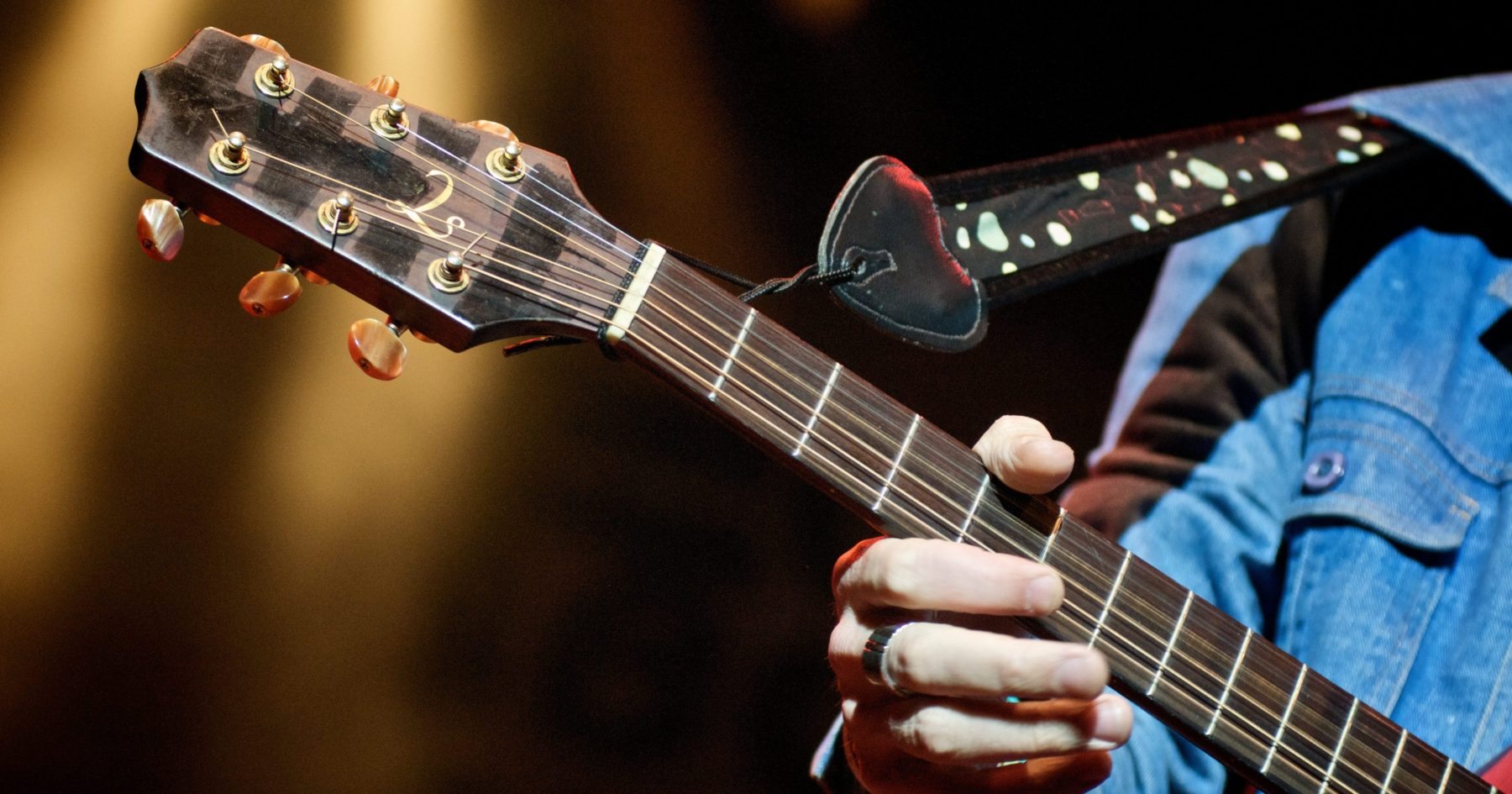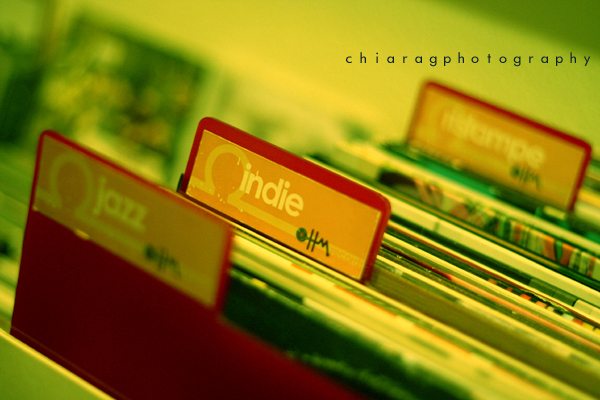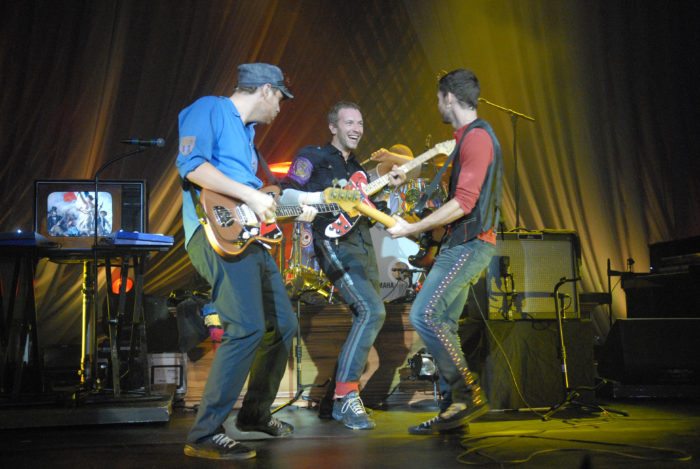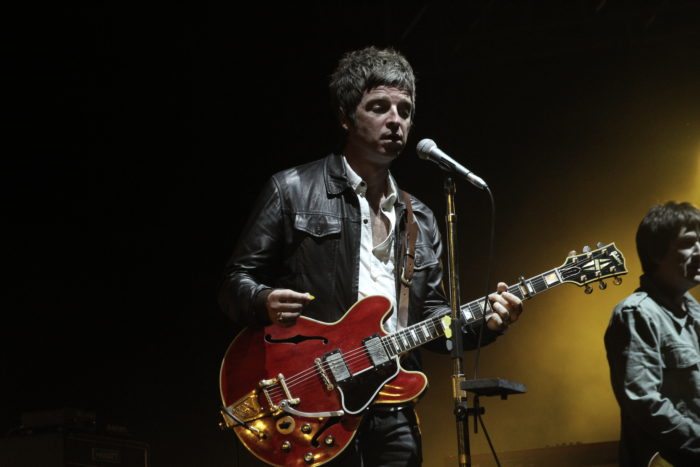Is Indie Rock really dead?
Having grown up listening to the likes of Razorlight, the Kooks, and just about every major indie band in the early noughties, I have developed a certain soft spot for that marriage of mellowed out guitars and angsty song writing. Hell, that’s why I started my own music blog in the first place. But now in the age of electronica and leanings to more digitally influenced sound, I can’t help but wondering if the age of guitar-based indie is dead, and it is in fact (dare I say it) gathering dust like its predecessor classic rock?!
It’s no secret that indie rock has suffered a massive blow in recent years, with the downgrading of indie mag, NME (now a completely free publication) being the most obvious example. What was once filled with hard-hitting band interviews and thoughtful album reviews is now nothing more than the Metro, as weekly NME columns from comedian Katherine Ryan struggle for relevant things to discuss and are preceded by a five-page advert.
“NME was once filled with hard-hitting band interviews and thoughtful album reviews is now nothing more than the Metro…”
Even indie radio stations are struggling, with the beloved XFM rebranding itself as Radio X and introducing a bunch of radio veterans in order to gain more listeners, but to no avail. Was Dorian Lynskey right when he mourned indie rock’s ‘slow and painful death’?
But at the risk of me sounding very cliché, this doesn’t have to be the case. What makes bands so successful is their ability to adapt. No, this doesn’t mean ‘selling out’ (as much as I hate that phrase), but learning how to evolve a band’s sound alongside the evolution of modern music to actually stay relevant again. This means experimenting on albums, much to certain narrow-minded fans’ distain. Yes, you have the risk of alienating your fans, but as much as my Classics degree would incline me to think, you can’t keep living in the past.
“In order for indie to have a standing chance it must learn to adjust.”
Hate on me as much as you want for this next sentence but let’s look at Coldplay for example. They’ve moved away from their sombre sound, listened to their critics who expressed distaste for their somewhat depressing music and have responded with a positively cheery new album, A Head Full of Dreams. The result is a dynamic album, far from the self-sacrificing tones of their debut album Parachutes. They are an example of how a band should be, constantly evolving from album to album.
In order for indie to have a standing chance it must learn to adjust. What these independent artists fall into the trap of is being seen as pretentious and dismissive of new ideas. Indietronica (yes it is a thing, you can stop laughing) fronted by bands such as MGMT, M83 and Friendly Fires is just one of many examples of the longevity of fusion genres in addition to success, as M83 alone has 3,482,241 monthly listeners and that’s just on Spotify. If it can be done, why should we let pride get in the way of good music and success?
The problem with these indie bands is that they’re stubborn and arrogant – stubborn enough to give off the indie-music-is-superior vibe (just look at the Gallagher brothers) and too arrogant to accept defeat and move on. The sooner they do that, the stronger the chance that indie rock will rise from the ashes and surprise us all.




Comments